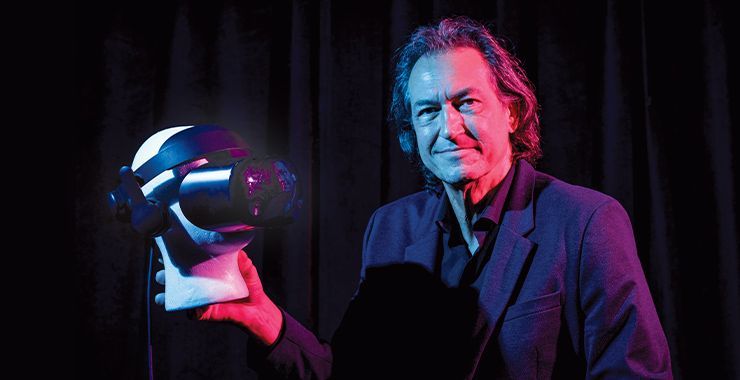Work, Create, and Play for Good in Extended Reality
Using gaming for social good is possible if we understand the connection between human behavior, emotions, and action. Harnessing the power of extended reality can go beyond what most have imagined: innovating workforce and workplace learning, optimizing creativity, and enjoying the experience.
Virtual, augmented, and mixed reality provide immersive experiences that can be designed to enhance positive and potentially life-changing behaviors, and research is showing us how.
This session explores recent findings about the promise of extended reality in improving learning and creativity at work as well as commitment to change and enjoyment of gaming for good.
Tuesday, January 9
2:00 – 2:40 PM PST
LVCC
North Level 2
N250
Speakers
Kimberly Boller
Senior Director for Science Affairs, APA
Kimberly Boller is the Senior Director for Science Affairs at the American Psychological Association. Her portfolio includes the future of psychological science and the intersection between psychology and technology. As a Senior Fellow at Mathematica, she conducted policy and program research. Kim received her Ph.D.in Cognitive and Developmental Psychology from Rutgers University.
Patrick Bordnick
Tulane University, Dean School of Social Work
Patrick Bordnick serves as the Dean of the Tulane University School of Social Work. Dr. Bordnick is a pioneer in the use of virtual reality and other disruptive technologies for substance abuse and behavioral disorders. He has pioneered assessment and interventions using VR and is continuing to examine ways this technology can empower people to make long term changes in their lives.
Alicia Clifton
Wicked Saints Studios, COO/Co-Founder
Alicia has 15+ years of innovation experience, applying behavioral science to solve the world's biggest problems. She co-founded Wicked Saints Studios, creating behavioral technology that's wickedly fund & actively good. Her career spans global field research, AI innovation, and Nobel-nominated nonprofit work. She co-authored the research on Primal World Beliefs, an emerging field in psychology.
Anna Queiroz
Stanford University, Postdoctoral Researcher
Dr. Anna Queiroz is a postdoc researcher at Stanford University, leading global VR initiatives and investigating the psychological, cognitive, and social impacts of VR. She has received awards for her impactful large-scale social projects at Stanford. Anna holds a Ph.D. in Cognitive Psychology and is enthusiastic about the potential of extended realities in augmenting human capabilities.








